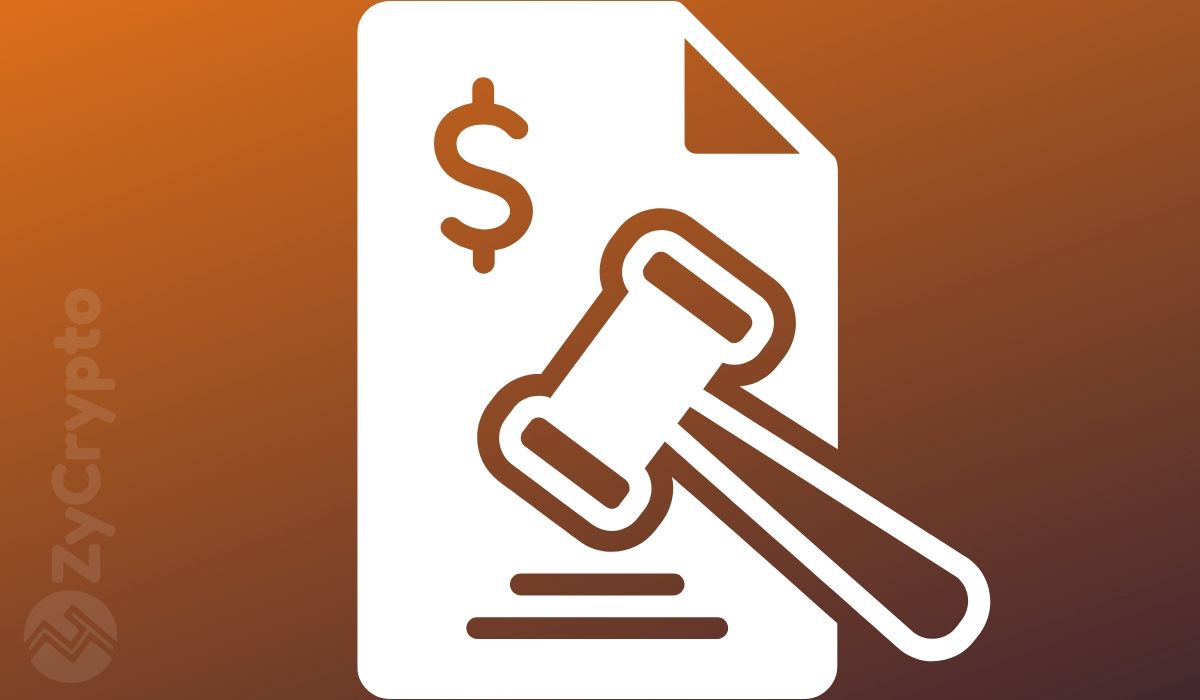Through a June 9, 2023 press release, the Director of the Commodity Futures Trading Commission (CFTC) Division of Enforcement, Ian McGinley, advised that on June 8, 2023, a U.S. District judge had entered a default judgement order in favour of the CFTC, for a civil monetary penalty of US$ 643,542 against the Ooki decentralized autonomous organization (DAO) for operating an illegal trading platform.
CFTC charged the Ooki DAO for unlawfully acting as a futures commission merchant (FCM), offering leveraged and margin retail commodity transactions outside of a registered exchange, and for failure to comply with obligations applicable to FCMs. This federal civil enforcement action was filed in 2022.
“This decision should serve as a wake-up call to anyone who believes they can circumvent the law by adopting a DAO structure, intending to insulate themselves from law enforcement and ultimately putting the public at risk”, said McGinley.
Generally, a DAO is a blockchain-governed organization with a common goal and heavily relies on transparent and verifiable rules or smart contracts that define how the organization works. The DAO has no central governing body, and management and decision-making are through member proposals which are automatically executed once a quorum of majority votes is attained.
The benefits of DAOs include decentralised decision-making, encouraging global participation, and offering public accountability. However, DAOs could result in slower decision-making from a lengthy voting process, less cohesion due to the wide diversity of members, and concerns such as security exploits.
The DAO was a decentralized autonomous organization (DAO) launched on the Ethereum blockchain in 2016 after raising US$150 million worth of Ether through a token sale. However, a hacker spotted a vulnerability in the DAO’s code and Ether worth US$ 60 million was stolen. The stolen funds were eventually restored to the DAO investors.
In July 2017, the U.S. Securities and Exchange Commission (SEC) issued a report that cautioned market participants that offers and sales of digital assets by “virtual” organizations were subject to the requirements of federal securities laws.
The SEC report concluded that tokens offered and sold by the DAO were securities and therefore subject to the federal securities laws and also said that those participating in unregistered offerings may be liable for violations of the securities laws.
According to the June 8, 2023 default judgement, the court held that the Ooki DAO is a “person” under the Commodity Exchange Act and violated the law as charged by the CFTC.
The federal civil enforcement action was filed concurrently with the issuance of an administrative order against Ooki DAO’s predecessor LLC and its founders. The administrative order found that Ooki DAO’s predecessor founders were liable for any debts arising from Ooki DAO’s violations of the law.


